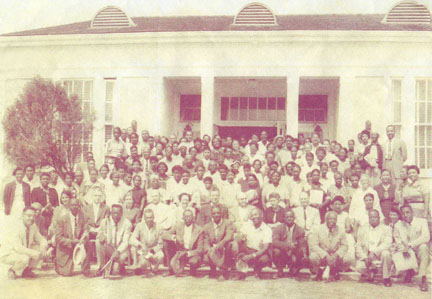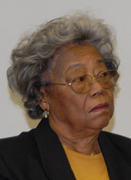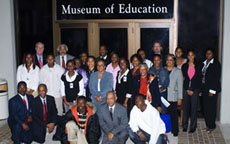

Natchitoches Parish Training School as Community |
||||||||||||||||||||||||||
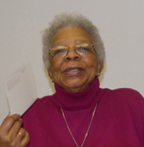 |
||||||||||||||||||||||||||
“We were like one big family and we enjoyed what we did although what we had was very limited. We felt loved, and our teachers were so Grace T. Baptiste |
||||||||||||||||||||||||||
Parish Training School administrators were quite proud of their efforts to establish "a functioning democracy" in their school. With assistance from Progressive Education Association staff, the participants in the Secondary School Study ultimately came to reconsider the basic purposes of secondary education and sought ways to discover the needs of black high school students in relation to their social setting in America and to explore the implications of establishing educational communities based upon democratic living. |
||||||||||||||||||||||||||
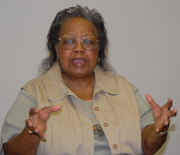 |
“The school was important in fostering a functioning democracy. They helped us to feel a part of the system even though society was treating us unfairly. And in order to do this, there were many different types of clubs to join: speech and drama, science, debate club, homemaker, choir, band, math club, pep squad, and athletics. Everyone took part and we were being taught how to work together.” |
|||||||||||||||||||||||||
“Revisionist historical accounts have shown that many of the school environments maintained by black educators during de jure segregation were ones in which institutional and interpersonal caring permeated the climate, despite the oppressive learning environments forced upon them by local school boards. With strong community support and professional educators whose training (by 1954) in many Southern states exceeded that of their white counterparts, African American children often were buffered in their schools from the negative societal messages about their potential and encouraged to believe in what they were capable of achieving.” Vanessa Siddle Walker |
||||||||||||||||||||||||||
|
||||||||||||||||||||||||||
Similar to comments at other participating schools, the conversations with Natchitoches teachers and students from the 1940s underscore “the place of the school as an integral part of the community” and “a unique wonderful spirit of the school.” Often mentioned was the general feeling that the teachers were neighbors and many taught the students' parents. Further, comments of “trust” and “respect” were often mentioned. |
||||||||||||||||||||||||||
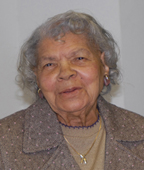 |
|
|||||||||||||||||||||||||
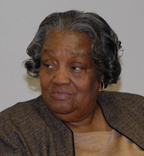 |
||||||||||||||||||||||||||
“We had concerned teachers and concerned parents who worked together with the school. Teachers felt that every child was somebody. Students were treated equally and fairly by kind teachers who looked out for our needs. They were loving people—those who dedicated their lives to teaching at Natchitoches Parish Training School.” Lusetta Anthony |
||||||||||||||||||||||||||
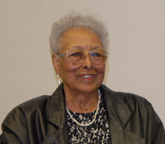 |
||||||||||||||||||||||||||
“Our teachers encouraged our parents. As poor as we all were, many of us knew that we were going to college when we finished high school. Our parents trusted our teachers.” Geneva B. Barrow |
||||||||||||||||||||||||||
|
“There was a special feeling. Everybody was close. Teachers truly wanted the students to excel. Natchitoches Parish Training School was special because of the way people cared about one another. The school was a true community.” Pearline Baptiste |
|||||||||||||||||||||||||
“Natchitoches Parish Training School was the lifeline to the community. All types of activities were held at the school. This is where people came to receive information, direction, counseling, and encouragement. Secular and spiritual activities were held at the school. It was a place where we all became one, one in love, one in hope, and one in charity.” Sarah Redden William LaCaze |
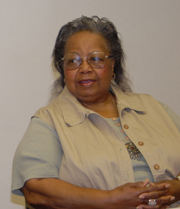 |
|||||||||||||||||||||||||

an institutional member of the International Coalition of Sites of Conscience
Museumofed@gmail.com

